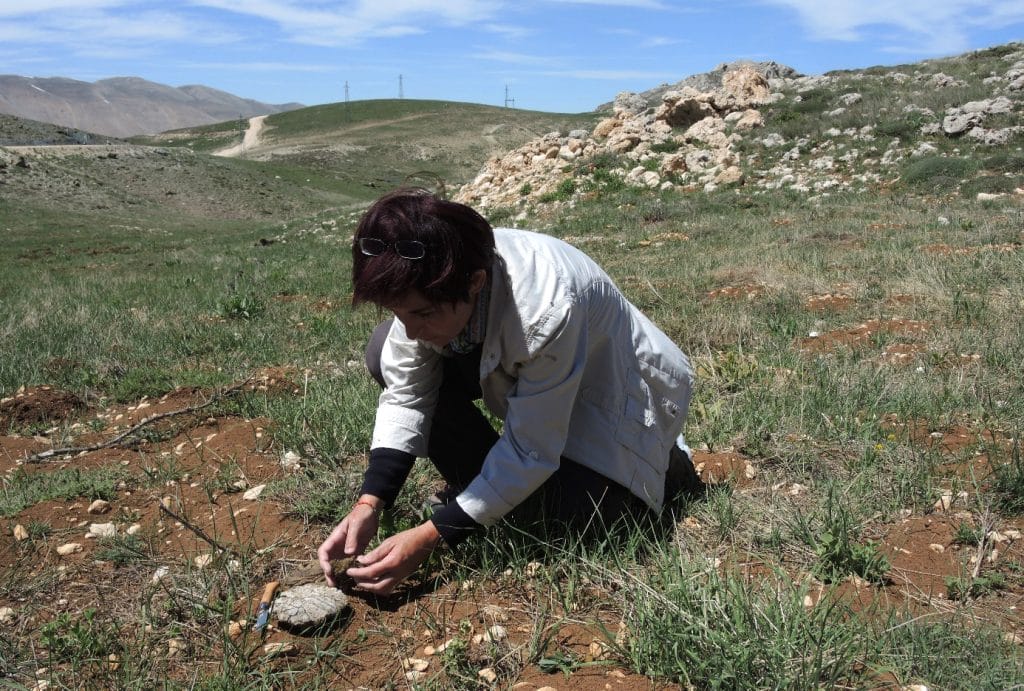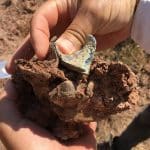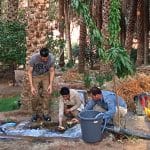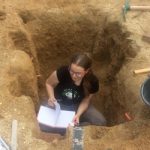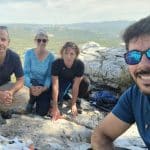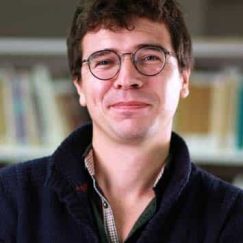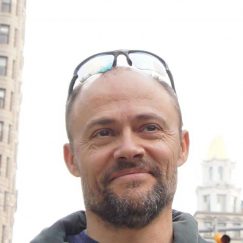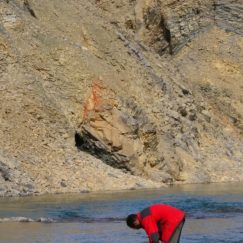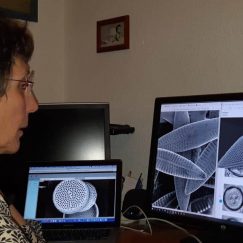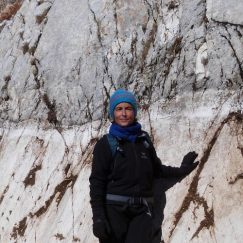- Home /
- Communication /
- Trades /
- Researcher /
Researcher
Searching and discovering are the main tasks of the researcher!
The profession of researcher is accessible with a Master's degree (Research Master's, Engineering Diploma, etc.) supplemented by a Doctorate in a scientific sector which is carried out within scientific research units of public or semi-public organisations, private companies, research and consultancy firms, in contact with various stakeholders (interdisciplinary collaborators, industrialists, laboratories, academics, suppliers, etc.).
- The researcher supervises and carries out scientific research and study to explore, deepen and extend knowledge in accordance with ethical rules.
- Promotes and disseminates the results to the scientific community, institutions and companies.
- May collaborate with private or public research teams in the context of technology transfer or research and development projects.
- May supervise and coordinate a project, a team, a service, a laboratory or a research department.
Read more:
Testimonies of researchers
Research Director - Climate Team
"My job is to go to fossil sites where we find vertebrate fossils preserved in sedimentary rocks. I'm going to look for minerals in these ancient soils and reconstruct the climate..."
Research Director - Sustainable Environment Team
"My background is in physical chemistry and I am interested in poorly structured, highly reactive mineral phases that interact in the environment, nanoparticles..."
Research Director - Earth and Planets Team
"It's not really a childhood passion. It's the result of chance encounters, a taste for science, and curiosity. I also wanted to be autonomous, free in my professional life..."
Research Officer - Climate Team
"I work on sites in intertropical Africa and then in the Caspian Sea and I use fossil remains of very small algae, forming silica shells in sediment samples in lakes, various environments. What we observe are very small objects, diatoms."


